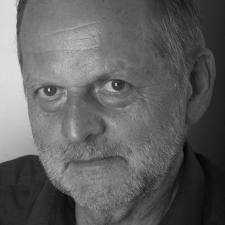
Multiliteracies
The New London’s Group addresses a term called “Multiliteracies” meaning that there are several different variations of being literate which we, as a class, have mostly agreed on. We’ve been questioning that because literacy is transforming and there are so many different levels and ways to be exposed to literacy that we are unsure of how future teachers should be teaching literacy. The New London’s Group’s idea is that because there are so many different kinds of literacy that there should be different elements of it to be taught and different ways. For instance, the way you teach college students to be literate is at a higher level than a high school student, obviously. So according to London’s Group, the way you teach a female and male should differ as well as the way you teach a black person from a Mexican person or even a religious person versus a non-religious person. It makes sense doesn’t it?
But this brings a question to me… What are we supposed to do now? Divide everyone amongst their diversity? That seems a little prejudice to me. A public school is a public school, I don’t think there should be division between male or female, black or white, young or old. There just can’t be a simple answer about defining literacy and how to teach literacy, can there?

 Website:
Website: